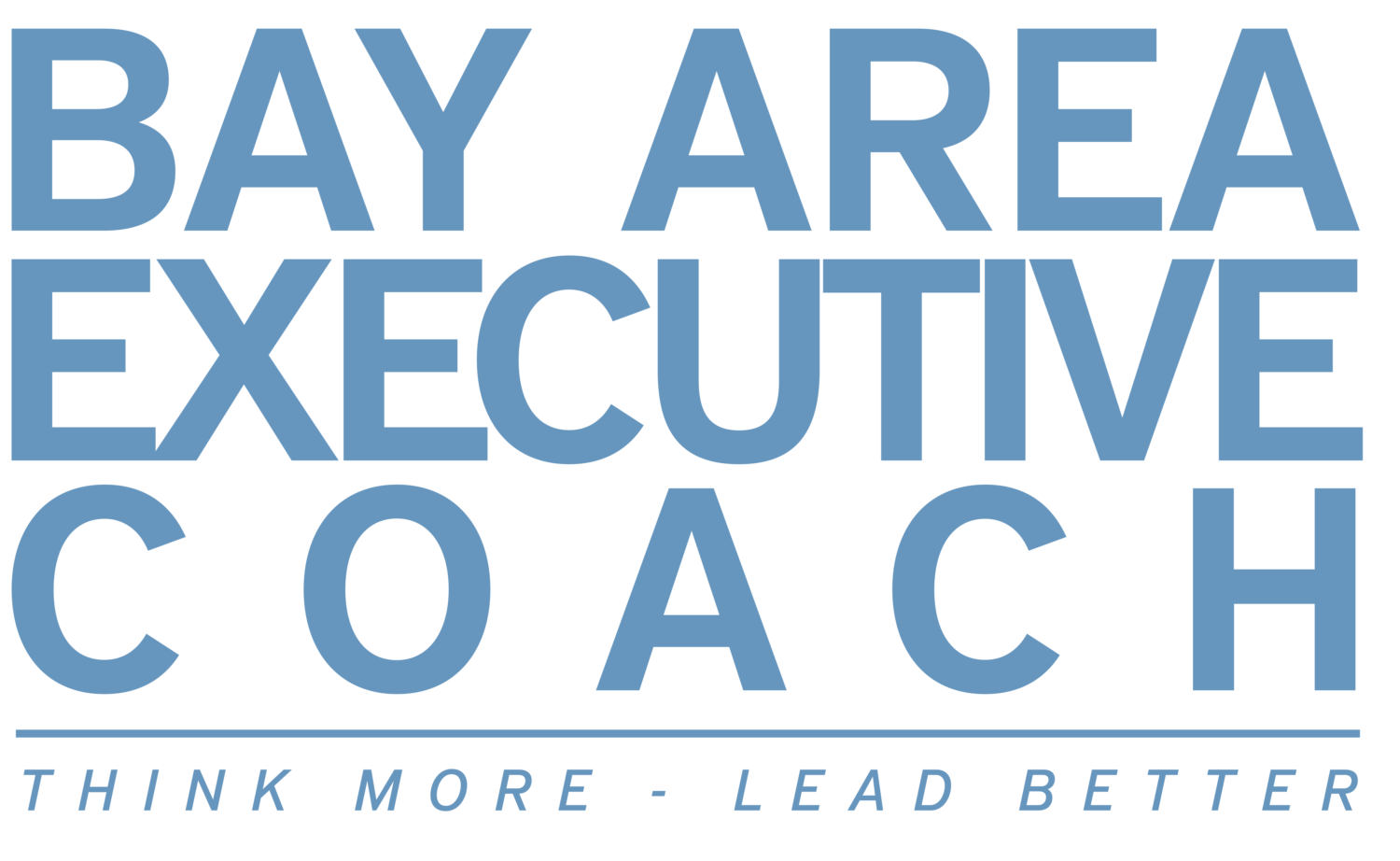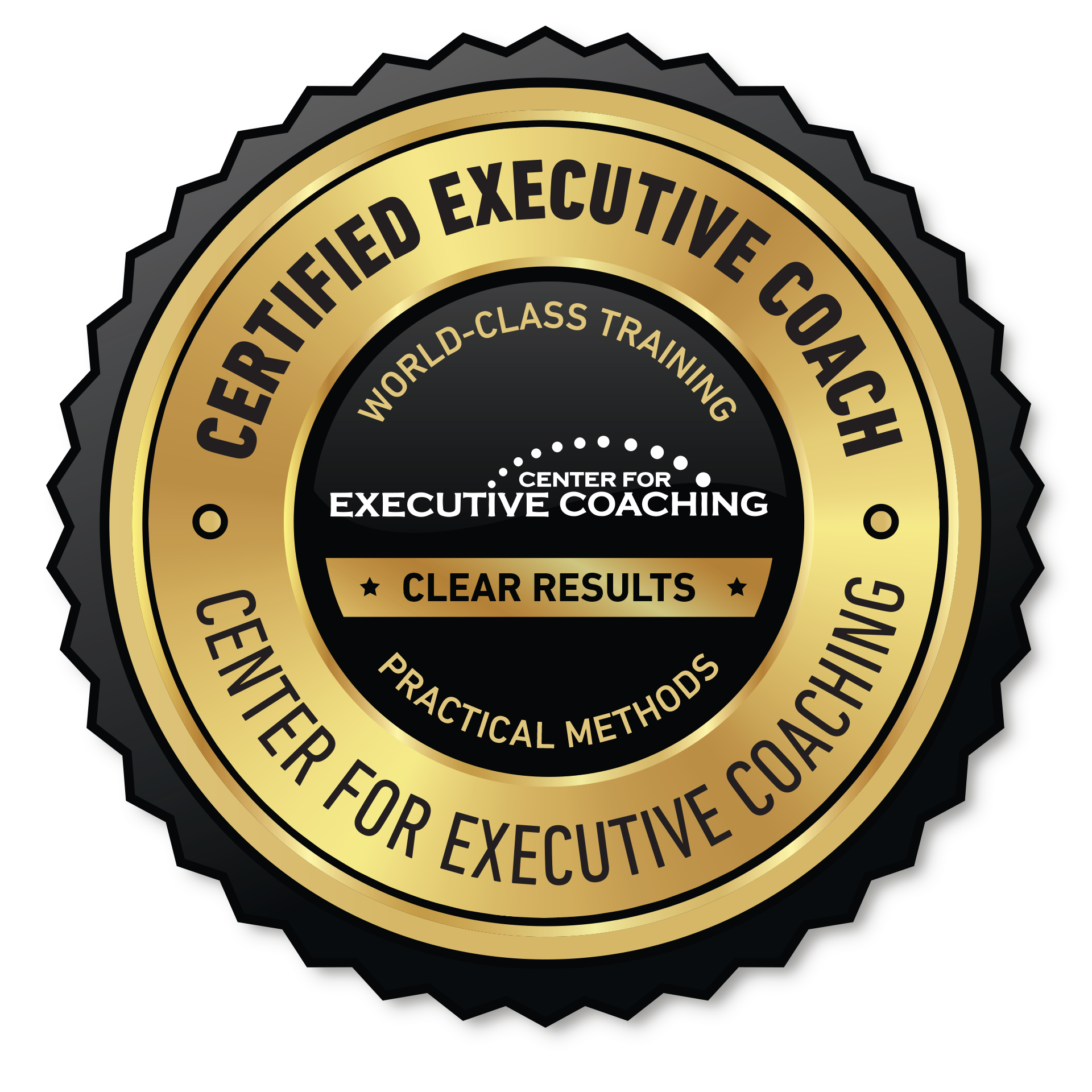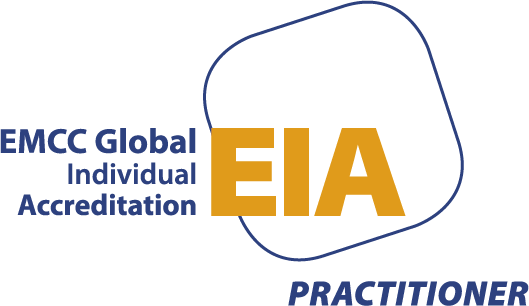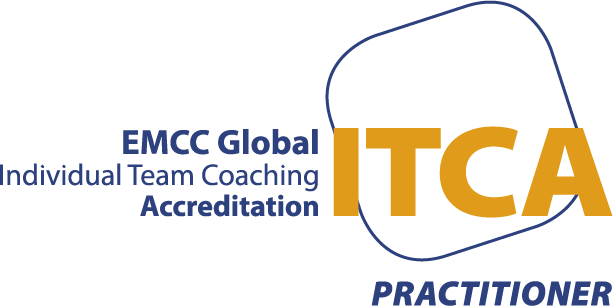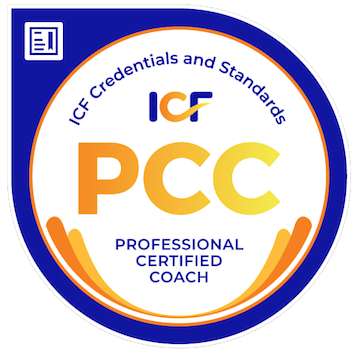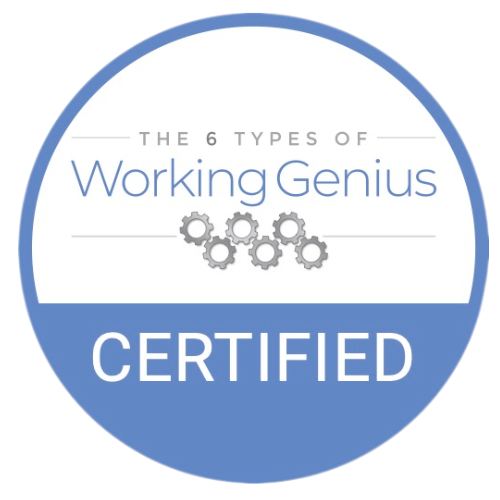To qualify for Inc 5000 listing, companies must be U.S.-based, privately held, for-profit, and independent—not subsidiaries or divisions of other companies. They must have experienced extraordinary revenue growth (200% and higher) over the past 3 years. 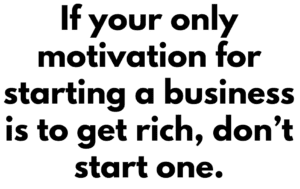
Companies experiencing this kind of rapid growth must be doing something right, and they undoubtedly have lessons and advice for those of us interested in growing a business too. With this in mind, here are some growth tips from Inc. 5000 executives.
1.Build and maintain the right business culture.
Arjun Dev Arora, CEO of ReTargeter, says it succinctly: “It’s all about the people.” Companies who hire the right people with the right degree of dedication and work ethic will win, while those who don’t, won’t.
Russ Glass, CEO of Bizo, believes the most important building block of a great culture is training employees in the skills they need to be successful. “You simply can’t succeed with the wrong kinds of people in your organization. The right people will walk through walls to make customers and partners successful,” he added.
Furthermore, engender a business culture where the best ideas win out, maybe not always immediately, but eventually.
- Solve problems through constant experimentation and learning.
Sarah Bird, COO of Moz, noted that strong problem solvers are ideal fits for a high-growth business team, while those who get frustrated quickly, probably not so much. “People who aren’t good problem solvers tend to get frustrated and burn out fast. It’s important to view problems as challenges, not brick walls, and address them with the determination and conviction that they can be solved.”
- Be passionate about your business, but not greedy about funding.
If your only motivation for starting a business is to get rich, don’t start one. So advises Erik Matlick, CEO of Madison Logic. He further states: “Growing your business requires a great deal of passion, from you and your employees. So, be sure to surround yourself with the best and brightest – employees who want the business to succeed as much as you do.
I’ve also learned that a successful entrepreneur shouldn’t be greedy about start-up funding. It’s better to start with a small amount of funding which gives you more options later in the game. Entrepreneurs who go after large amounts of cash at launch are the ones who most often are forced to relinquish control of their business later on.”
- Promote your company through inbound marketing that’s helpful to customers, not
 interruptive.
interruptive.
Mike Volpe, CMO of HubSpot, observed that “nobody wakes up in the morning and says: ‘I want to watch ads today,’” but marketing teams wake up on most mornings thinking of ways to create more ads.
Volpe comments: “The best companies figure out ways to promote themselves through inbound marketing that attracts customers by creating valuable content and experiences tailored to specific customers. If you focus on inbound marketing instead of the traditional outbound ad-based marketing, you’ll attract more customers at a lower cost and have more advocates for your brand, all of which drives faster growth.”
- For enduring growth and success, be a customer-focused organization.
Selling to customers is what keeps the lights on, but a company’s ultimate goal should be forging customer partnerships that create environments for innovation, experimentation, and growth” – so claims Chip Luman, COO of HireVue. He adds: “Of course you’ve got to sell to make money, but the real win is when customers trust you with their internal issues and problems, allowing you to collaborate on alleviating their pain points or fixing their really big problems. That kind of involvement builds lasting value and loyal customers, and fuels your company’s long-term growth.”
- Understand and accept your strengths and weaknesses.
Knowing yourself: your strengths and weaknesses, is an essential first step to building a high-growth organization. This knowledge is critical when it comes to hiring the right staff and engaging in the right industry, and it should be the basis for all major business decisions. “Learn and obtain insight from others,” advises Rick Milgram, founder and CEO of Beyond.com. “Focus on what’s important, trust your instincts, and dive in with passion. Play to your inherent strengths because those are your areas for greatest growth.”
- Be authentic in everything you do, and stay true to that.
When a company experiences rapid growth, it’s often bombarded with a barrage of new attitudes, behaviors, and ideas that may or may not be a part of the original business culture. In the ensuing chaos, the company founder(s) can stray from their core principles and easily forget why they started the business in the first place. “When you start to change from the inside-out, you lose your authenticity,” says Bret Starr, founder and CEO of The Starr Conspiracy.
“One day you think it might be a good idea to violate one of your deeply held values because, after all, ‘it’s just business.’ The next day you’re walking, talking, and acting differently, and in ways that may totally counter the company you envisioned. Don’t change what’s inside of you to make a few extra bucks. Be authentic in everything you do, and stay that course.”
- Diversify your offerings.
Companies that offer a slate of goods and services have higher growth potential than those that do or sell one thing and one thing only. “Diversifying our services helped my company succeed during Covid,” states Joshua Flourney, CEO of healthcare provider BarbaraKares. He elaborates: “In addition to offering home health care services through nurses we hired directly, we started offering a new service through the state’s Medicaid-funded Structured Family Caregiving program. Right now, about half of our business is through that program.”
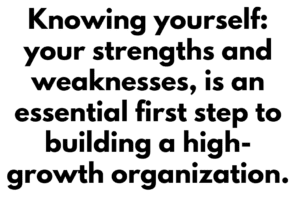
- Be imaginative and creative.
Nick Carter is a fourth-generation Indiana farm boy destined to work on his family’s farm. But rather than follow convention, Carter reimagined the food production industry as an online farmer’s market where private farms sold directly to consumers at wholesale prices. Branding his company “Market Wagon,” more than 1,800 farmers and food producers have joined since 2020, all because Carter looked at an established industry differently and imagined other possibilities. “We’re not going back to where we were before the pandemic,” Carter asserts. “People like the convenience of e-commerce. That habit is sticking.”
••••
There’s a lot of information to mine throughout the Inc. 5000 listing, with many ideas to inspire you and get you thinking. Want more ideas? Read our article on How Business Leaders Can Inspire Performance in their Employees.
Building and sustaining your excellent leadership and culture is what gets us excited. Contact us today to have a conversation about how we can support your vision and goals.
Here are some more resources related to this topic:
Articles
- Building a Culture of Accountability in Your Organization
- Leading by Example: How Leaders Can Change Their Organizational Culture
eBook
YouTube Videos
- Are You Working on Your Business or Just in it?
- What Should You Do as the Leader of a Stagnant Organization?
- Five Steps to Greater Accountability in Your Organization
Featured photo is from ©energepic.com via Pexels. Secondary photo is from ©LinkedIn Sales Manager via Pexels.
